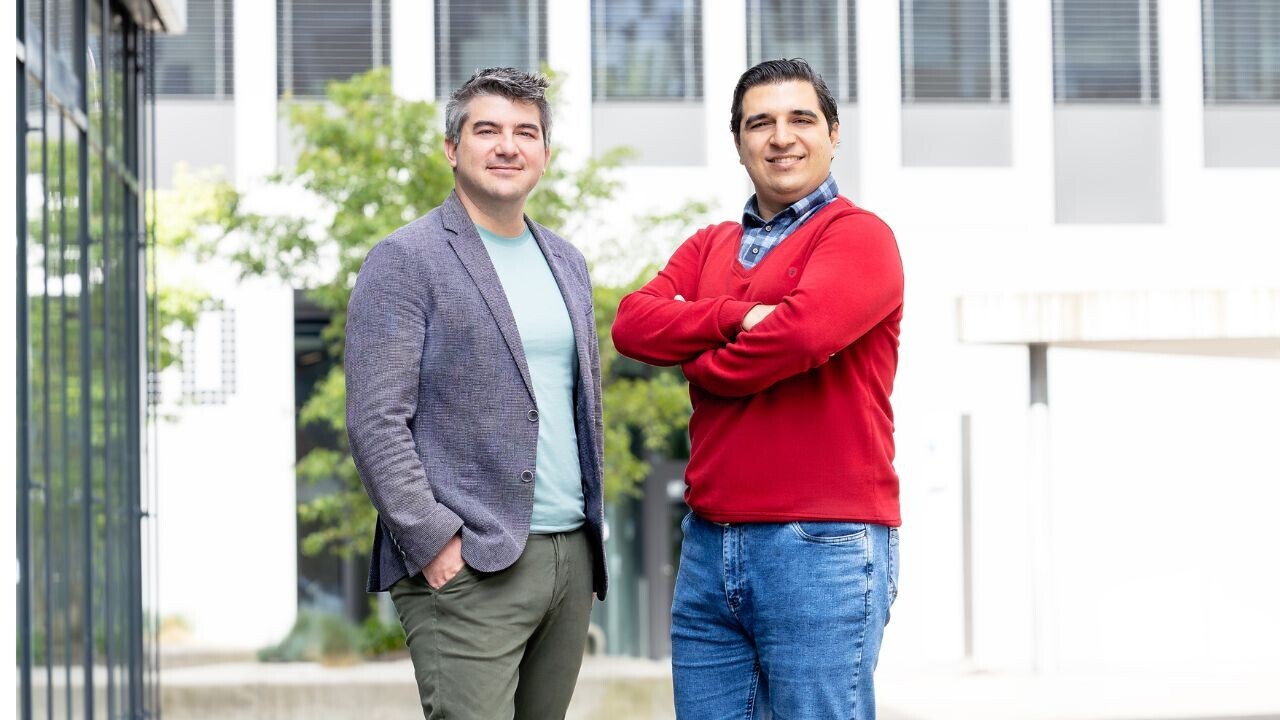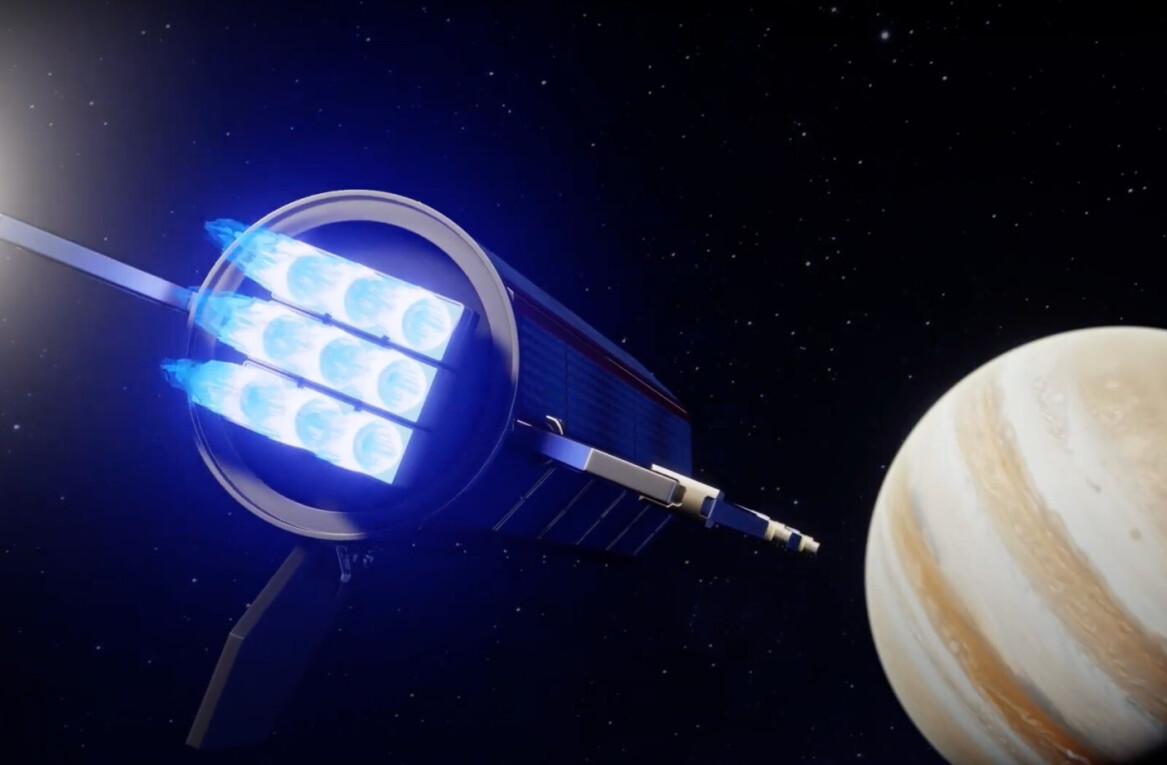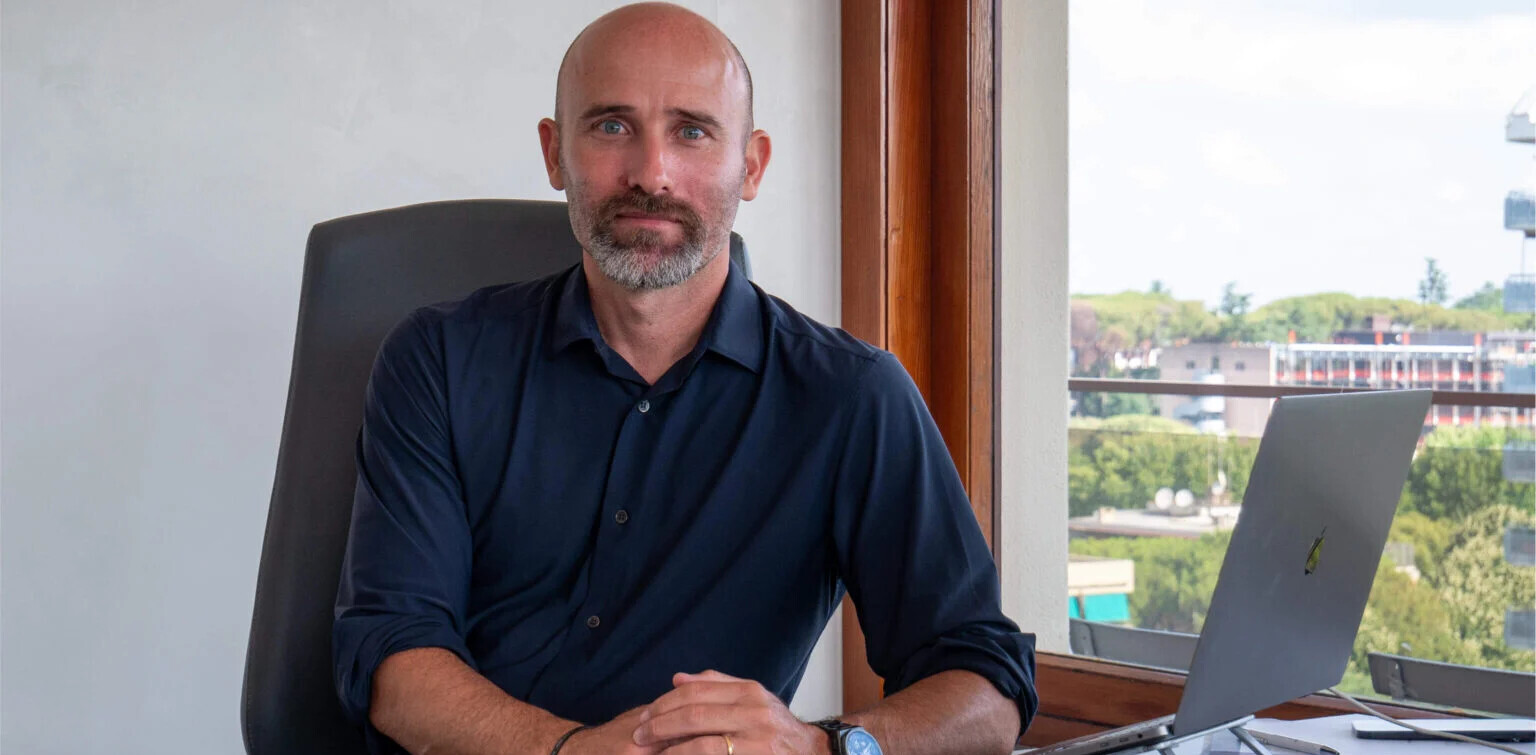
Amid the AI boom, data centres are consuming alarming amounts of electricity. They’re also responsible for 1% of global energy-related emissions. By 2030, their power demand could increase by 160%. Switzerland-based Lightium aims to provide a solution.
The young startup announced today it has raised $7mn in seed funding to both accelerate the performance of data centres and reduce their energy consumption with a next generation of photonic chips.
Data centres are essentially large clusters of three components: Central Processing Units (CPUs), Graphics Processing Units (GPUs), and optical interconnects that transmit data between these processors.
These interconnects are typically based on silicon semiconductors and account for between 10% and 40% of a data centre’s energy consumption.
“Traditional semiconductor technologies, which have served us well for decades, are now hitting physical and operational limits,” Dirk Englund, MIT professor and co-founder of Lightium, told TNW.
TFNL photonic chips
Lightium’s technology is based on thin-film lithium niobate (TFLN), a glass-like material which, according to the startup, overcomes silicon’s limitations and can deliver faster transmission rates of 1.6 or 3.2Tb/s. That’s compared to the current maximum rate of 800Gb/s.
“For large-scale data centre operators, the leap [in transmission rates] means handling more data and doing so more efficiently,” said Englund.
“This translates into reduced operational costs and significant energy savings,” he added.
TFLN is one of the most complex materials to process, and up until now, its use has been confined to prototyping within academic and R&D settings. This makes Lightium the first company to design and manufacture TFLN-based photonic chips at an industrial scale.
Vsquared Ventures and Lakestar led the $7mn funding round. With the fresh capital, the Swiss startup will work towards the commercialisation of its production-grade TFLN Photonic Integrated Circuits (PICs) foundry services.
Lightium expects to hit this launch target at the beginning of 2025. It’s currently running a closed beta pilot with strategic partners. Customers using the companys’ platform will be able to scale up photonics capabilities from prototyping to large-volume manufacturing.
The next step will be integrating the technology across a number of sectors, such as satellite communications and quantum computing.
According to Englund, a key benefit of TFLN chips is their potential to reduce Europe’s reliance on traditional semiconductor supply chains.
“Digital sovereignty is becoming existential for nations or groups of nations. Semiconductor materials and systems are becoming the lifeblood that sustains economies, and trusting that on one or few possibly misaligned sources is like playing Russian roulette.”
Get the TNW newsletter
Get the most important tech news in your inbox each week.




